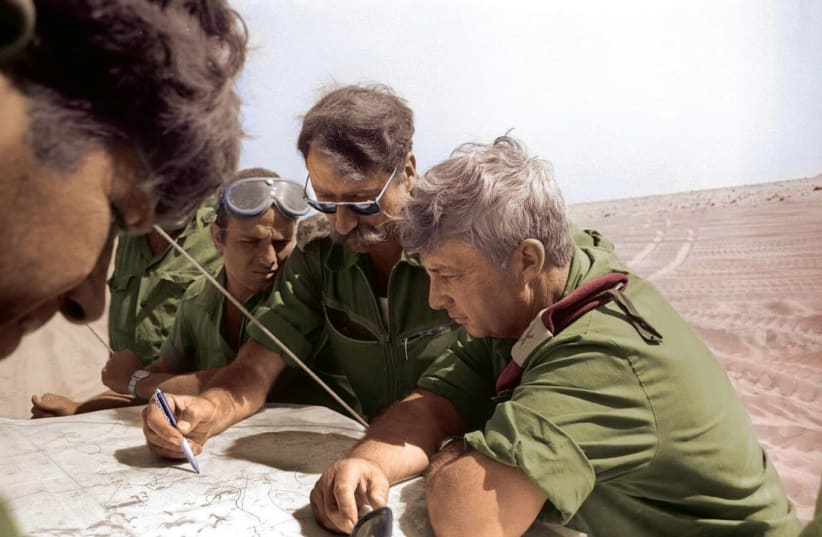The Yom Kippur War is still an open wound
It’s true that unfortunately, Israel has been forced to fight in a number of wars since the autumn of 1973, yet not one of them has endangered the existence of the State of Israel like the Yom Kippur War did, and neither has any other war remained so deeply ingrained in the national consciousness.
